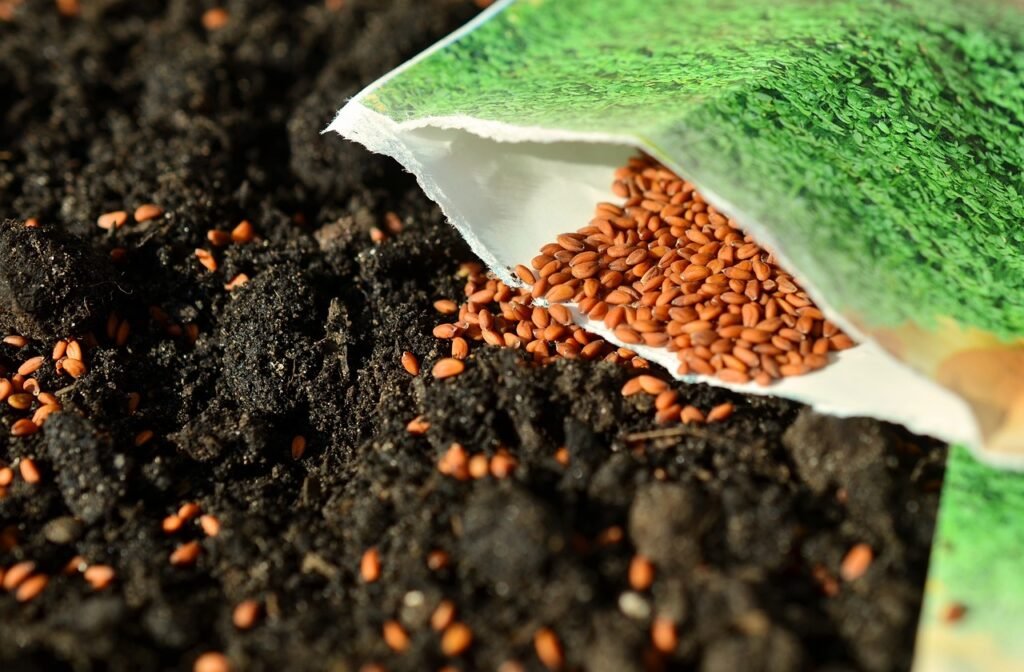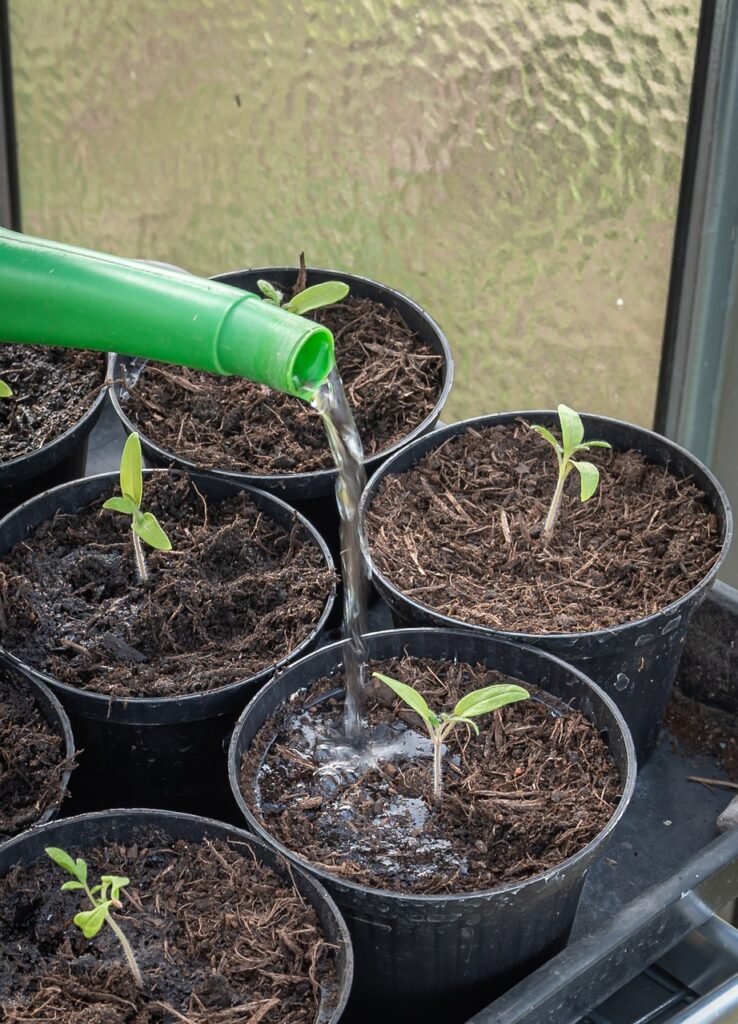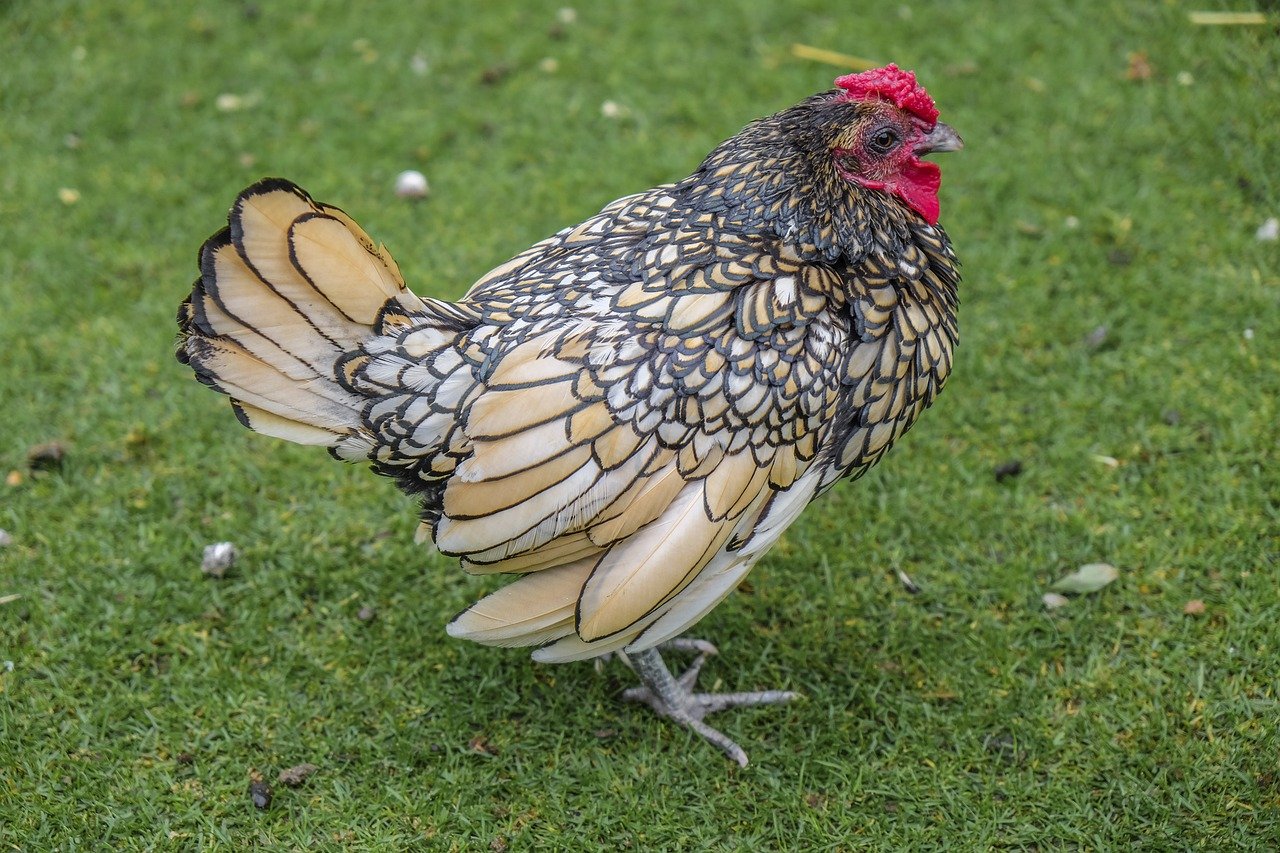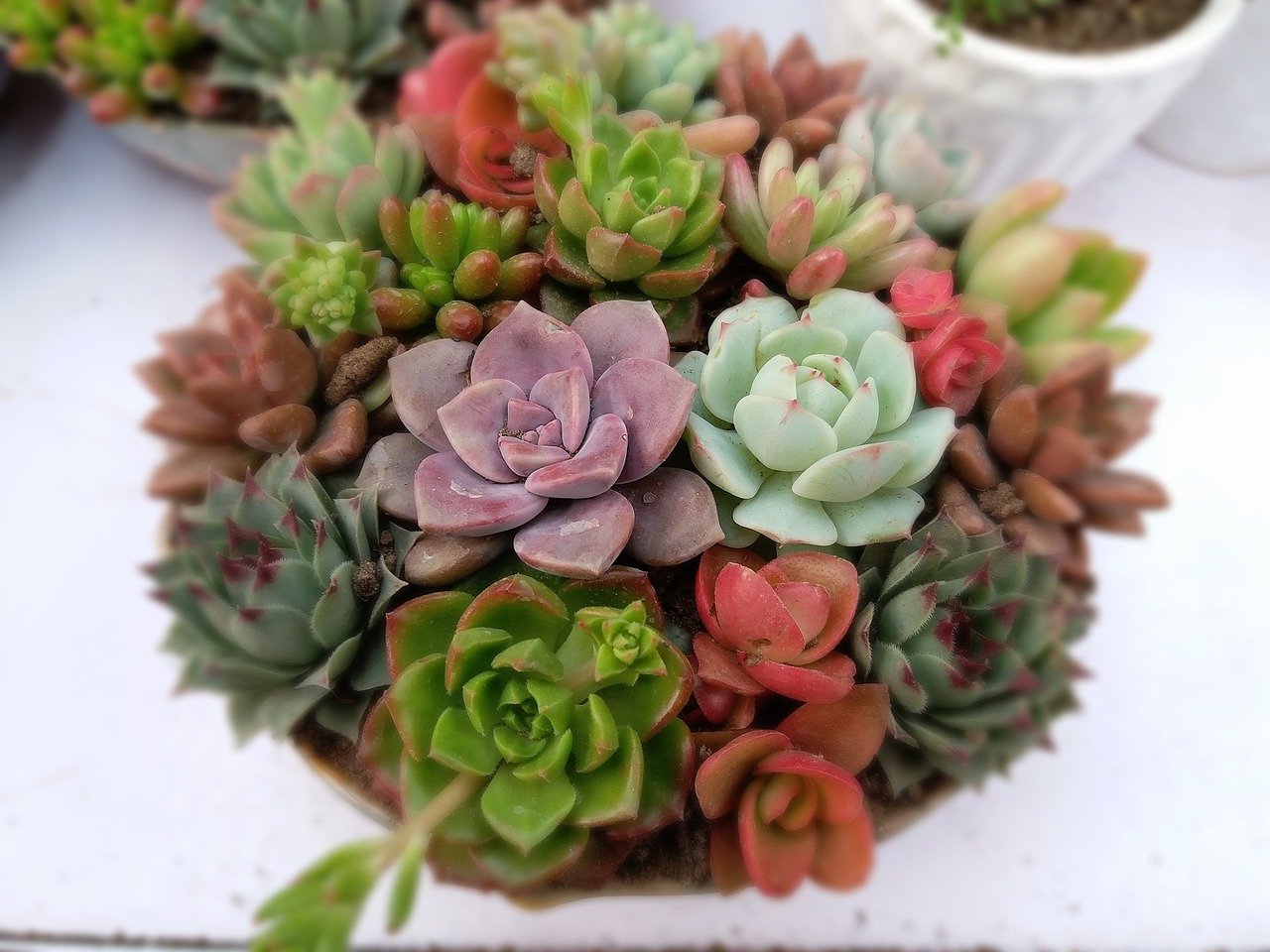
Intro
Embarking on your vegetable gardening journey in 2024? This blog is a great starting point for beginner gardeners, offering helpful tips and resources to get you started with growing food in your backyard. Whether you’ve got a green thumb waiting to blossom or are simply keen on enjoying fresh, homegrown produce, vegetable gardening is a rewarding and sustainable hobby to cultivate.
Starting Your Vegetable Gardening Journey

Venturing into the world of vegetable gardening can feel a bit daunting for beginners, but don’t worry. It’s not as complicated as it might seem. Initially, you should focus on a small garden that’s manageable and allows you to learn the ropes without feeling overwhelmed. Regardless of the size of your outdoor space, you can establish a thriving vegetable garden. For those residing in apartments with limited or no outdoor space, container gardening presents a brilliant option. Containers can fit in balconies, patios, or even windowsills, allowing you to grow a variety of vegetables.
The key to starting your vegetable gardening journey lies in your plant selection. Choose easy-to-grow vegetables that require minimal maintenance and care. This not only boosts your confidence but also sets you up for success as you expand your garden over time. Remember, the objective is not just to grow food, but also to enjoy the process.
In this first stage of your gardening journey, research plays a pivotal role. Learn about different vegetable plants, their growth habits, their needs in terms of sunlight, soil, and water. These factors are crucial in determining the success of your garden. Remember, each plant is unique, and understanding their requirements can make your gardening journey smoother and more enjoyable.
Another essential factor to consider is the timing of planting your vegetable seeds. Understanding the suitable time for planting different vegetables ensures that they get optimal conditions to germinate and grow.
To get the best out of your beginner’s vegetable garden, keep experimenting and learning. Gardening, like any other skill, improves with time and experience. You may face a few challenges initially, but don’t get discouraged. Overcoming these hurdles is a part of the gardening process, and each challenge will teach you something new, ultimately making you a better gardener. Another article that could be helpful in your journey is about the layout of your garden, check it out here. https://earthenink.com/index.php/2024/02/08/innovative-garden-ideas-the-perfect-vegetable-layout/
In the next sections, we will explore the best vegetable plants for beginners and where you can source quality seeds for your vegetable garden. So, let’s dig deeper into the art of vegetable gardening.
Selecting the Best Vegetable Plants for Beginners in 2024

As you delve into the world of vegetable gardening in 2024, you might be wondering which plants are best suited for beginners. This decision is crucial, as the right choices can set you on the path to gardening success. The vegetables you select should be hardy, resilient, and relatively easy to care for.
Tomatoes are a great starting point. They are a favorite among many novice gardeners due to their versatility and simplicity to grow. They come in various sizes and types, giving you plenty of options to choose from. Remember to stake or cage them for support as they grow.
Next up are radishes, which are quick to mature and require very little space. They are an excellent choice if you’re looking for a fast return on your gardening efforts. Their peppery flavor makes them a fantastic addition to salads and other dishes.
Cucumbers, known for their high water content and crunchy texture, are another great option for beginners. They are easy to grow and can be used in a variety of ways in the kitchen, from refreshing salads to pickles. They require a sunny spot and plenty of water, so keep that in mind when planning your garden.
If you live in a cooler climate, lettuce and spinach should be on your list. They are cool-weather crops and do well in partial shade. They grow quickly, and you can start harvesting them leaf by leaf once they’re big enough.
Finally, if space allows, consider growing zucchini. This vegetable is known for being a prolific producer. Once it starts bearing, you’ll likely have more than you know what to do with! Zucchini plants need a lot of room to spread out, so be sure you have enough space before you plant them.
These vegetables are just a few options to consider when starting your vegetable garden. Remember, the most important thing is to choose vegetables that you and your family enjoy eating. After all, the main goal of your garden is to provide fresh, tasty produce for your table. Enjoy the process of planning, planting, and watching your garden grow. Happy gardening in 2024!
Benefits of Growing Your Own Vegetables

Embracing the practice of vegetable gardening extends beyond the delightful prospect of enjoying homegrown produce. It serves as an engaging way to connect with nature, promote health, and introduce sustainable living practices into your everyday life.
The joy and sense of accomplishment garnered from nurturing a seed to a fully grown plant are immeasurable. Eating fresh, nutritious vegetables plucked straight from your garden can also significantly contribute to a healthy diet. Growing your own food means you know exactly where it came from and how it was grown, providing peace of mind regarding the quality and safety of what you’re consuming.
Additionally, a well-maintained vegetable garden can also result in substantial savings on grocery expenses. Think about it – a single seed packet, which typically costs a few dollars, can yield dozens, sometimes even hundreds, of vegetables.
Then there’s the environmental aspect. By growing your own vegetables, you’re reducing the demand for commercially grown produce, which often involves long-distance transportation and the use of synthetic pesticides and fertilizers, contributing to pollution and climate change.
Beyond the personal benefits, vegetable gardening can also serve as a fun, educational activity for children. It provides a hands-on experience to understand the life cycle of plants and learn about the importance of healthy eating and sustainability. A family garden cultivates not only crops but also valuable life skills and memories.
One of the less tangible, but equally significant benefits, is the therapeutic value of gardening. The act of planting, watering, weeding, and harvesting can be incredibly relaxing and satisfying. Many people find that time spent in the garden helps reduce stress and improve mental wellbeing.
So, as you start your gardening journey in 2024, remember that each seed you plant does more than just grow food. It cultivates health, saves money, educates, reduces your environmental footprint, and brings immense satisfaction and joy. Indeed, the benefits of growing your own vegetables are plentiful and rewarding in more ways than one.
Reliable Sources for Quality Seeds in 2024

After selecting your vegetable plants, the next essential step in your gardening journey is to find reliable sources for your seeds. In an age where online shopping is the norm, it’s comforting to know there are trustworthy websites offering high-quality, organic vegetable seeds for your garden.
For 2024, we recommend GrowOrganic.com, BucktownSeed.com, and LivingSeedCompany.com. These websites have proven to be reliable, offering a diverse selection of vegetable seeds that cater to different gardening needs. Whether you’re growing tomatoes, radishes, cucumbers, lettuce, spinach, or zucchini, you’re sure to find the seeds you need on these platforms.
Each of these websites stands out for its commitment to providing organic seeds, promoting sustainable gardening practices. They source seeds with utmost care, ensuring they are free from genetically modified organisms (GMOs) and conform to organic farming standards. This not only ensures the health of your plants but also the quality of the vegetables you’ll be consuming.
Beyond selling seeds, these websites provide a wealth of information to support your gardening journey. They offer comprehensive growing guides, helping you understand when to sow your seeds, how to care for your plants, and how to troubleshoot common issues. Their gardening tips section offers invaluable insights, equipping you with knowledge to enhance your gardening skills and ensure your garden’s success.
Investing in quality seeds from reliable sources is fundamental to a thriving vegetable garden. So take your time, do your research, and select seeds that will enhance your gardening experience. Remember, your garden’s success starts with the seeds you plant. Choose wisely, and happy gardening in 2024!
How to successfully direct sow your seeds or start indoors

Having secured your vegetable seeds from the sources above, the next step in your vegetable gardening journey is to properly sow your seeds. There are two common methods for starting your seeds: direct sowing and starting indoors. Each method has its pros and cons and is better suited for certain types of vegetables.
Direct sowing is the simplest method where you plant your seeds directly into your garden soil. This method is ideal for vegetables like radishes and zucchinis, which do not transplant well. To direct sow, make a small hole in the soil, usually two to three times the diameter of the seed. Drop the seed into the hole and cover it lightly with soil. Ensure the soil is well-watered but not soggy. A consistent supply of water is crucial for germination. Following the guidelines provided on the seed packet regarding depth and spacing will significantly improve your chances of successful germination.
Starting seeds indoors, on the other hand, involves planting your seeds in containers and allowing them to sprout indoors before moving them outside. This method provides a controlled environment that can be beneficial for seeds that require specific temperatures to germinate, like tomatoes and cucumbers. You can use seed trays, pots, or any container with drainage holes. Fill these containers with a good quality seed-starting mix, plant your seeds at the recommended depth, and keep them moist. Place these containers in a sunny, warm location, or use grow lights if natural light is inadequate. Once the seedlings are strong enough and the outdoor conditions are suitable, you can transplant them into your garden.
Whichever method you choose, be patient. Germination times vary depending on the type of vegetable and the conditions provided. In the meantime, ensure your seedlings have ample light, and the soil remains consistently moist but not waterlogged. Remember, overwatering is just as detrimental as underwatering.
Also, keep an eye out for common seed-starting problems like damping off, a fungal disease that can cause seedlings to wilt and die. Good hygiene, adequate ventilation, and not overwatering can help prevent this issue.
Lastly, don’t forget to label your seeds, especially if you’re starting multiple varieties indoors. It will help keep track of what’s growing where and when it was planted. Happy planting in 2024!
Concluding Thoughts on Vegetable Gardening for Beginners

As you set foot on the exciting path of vegetable gardening in 2024, keep in mind that like any skill worth mastering, patience and perseverance are integral. Don’t lose heart if your first yield doesn’t match your expectations. It’s part of the learning curve, and with every new sprout and every ripe fruit, you’ll gain more knowledge and confidence.
Use any hiccups as stepping stones towards refining your gardening techniques and deepening your understanding of this rewarding practice. Soon, the efforts you’ve invested in your vegetable garden will bear fruitful returns. You’ll experience the pure joy of plucking fresh, organic vegetables straight from your backyard, knowing that they were grown with love and care.
Remember, every seed you sow is a promise of potential, a commitment to nature, and a step towards sustainable living. As your garden thrives, so will your skills and passion for this nourishing hobby. Welcome to the world of vegetable gardening in 2024, and here’s to many successful harvests ahead!




